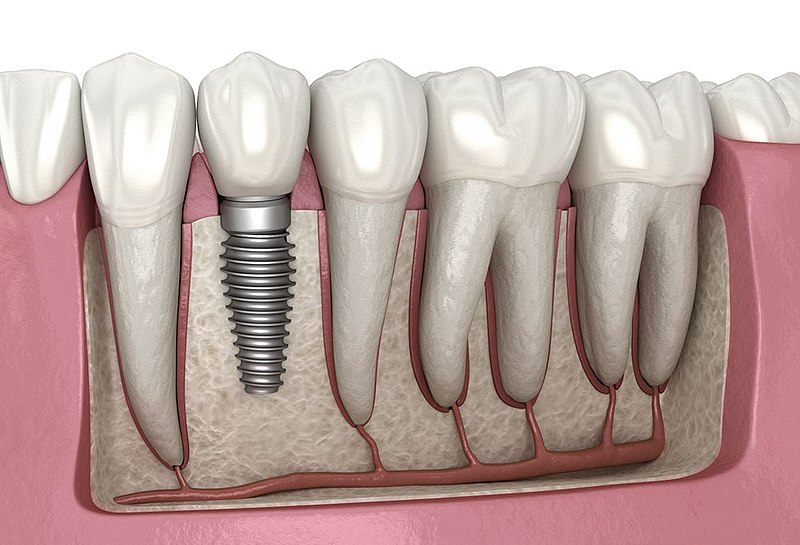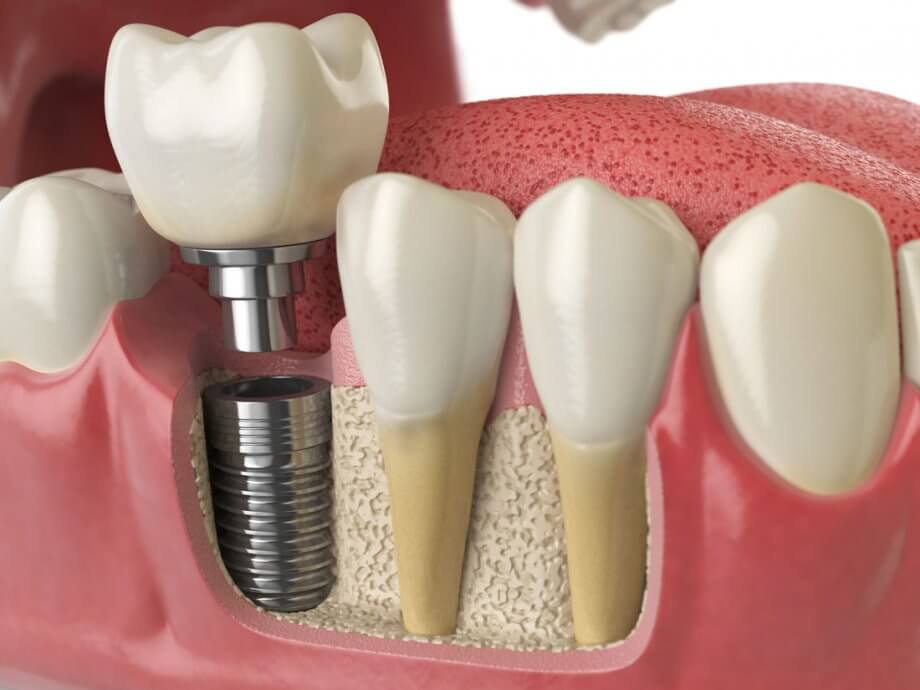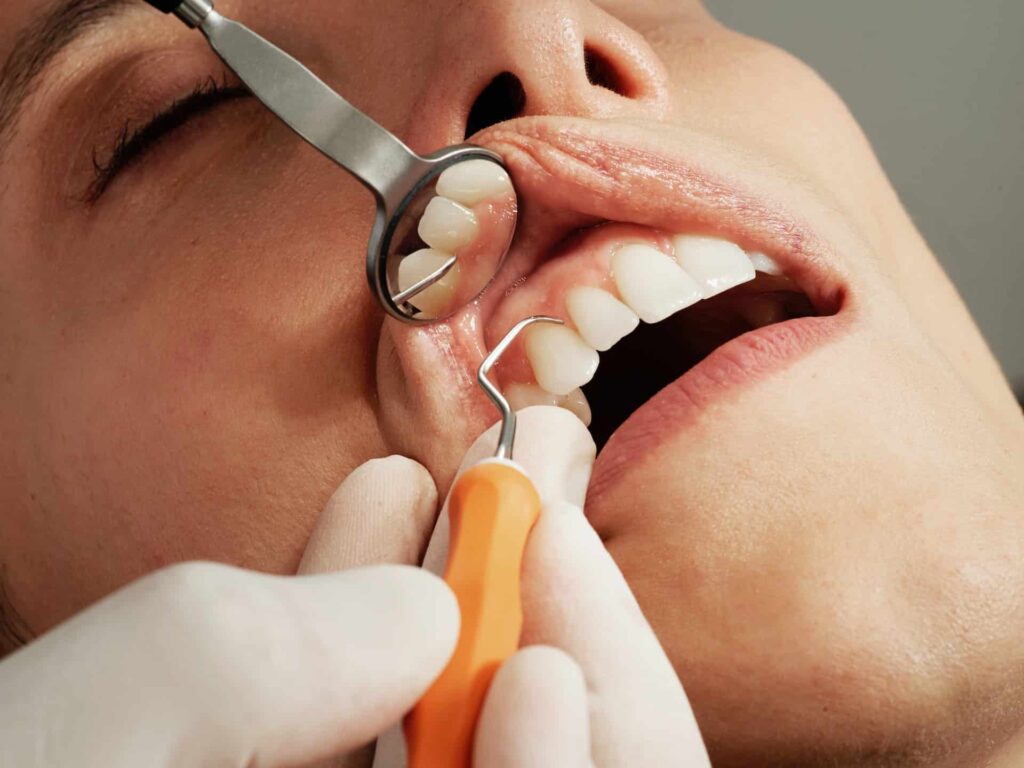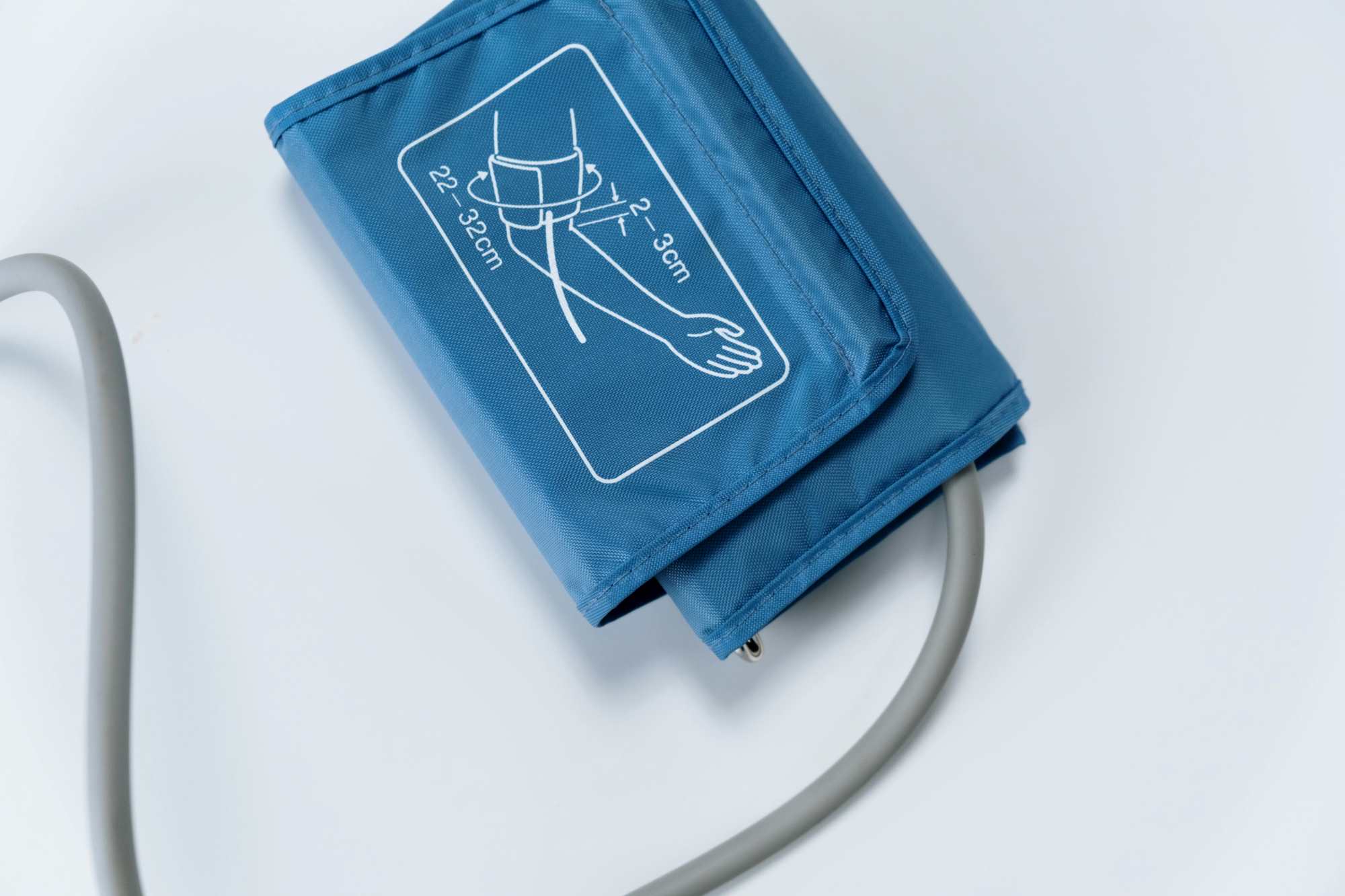Welcome to the exciting world of dental innovation, where the once-domestic tooth implant is now a shining example of modern dentistry.
There’s more to the world of dental implants than meets the eye – or, in this case, the tooth.
As we explore the secrets behind dental restoration, get ready to be astounded by “18 Things You Didn’t Know About Dental Implants.” This investigation promises to take you on an interesting trip into the lesser-known aspects of dental implants, going beyond normal check-ups and conventional knowledge.
We are going to go on an expedition that will leave you with a fresh respect for the wonderful universe hidden within the word dental implants.
What Is the Taste of Implants?

Titanium implants do not leave a metallic aftertaste and are non-corrosive. The artificial teeth attached to your implants, known as bridges, are tasteless and foul-smelling. Following some dental agencies, you may now completely savor the flavor of your meal without having to deal with the aftertaste of infection caused by dental decay or illness.
Patients frequently speak about how much better their pleasure of food is after undergoing the surgery.
Do Your Cheeks Feel The Zygomatic Implants?

You won’t feel the zygomatic implants when they are in place since the area of the cheekbone that supports them lacks nerve receptors. When inserted by a skilled oral and maxillofacial surgeon, zygomatic implants don’t hurt.
When compared to options that need further operations and visits, the placement of zygomatic implants is far less problematic for the patient.
Your fingertips won’t be able to sense the implants either. They are fixed in place by the cheekbone and jaw tissues. There is no protrusion that modifies the facial texture or form.
Is it Possible to Pass Dental Implants Through a Metal Detector?

Implants made of titanium are not magnetic. In other words, they won’t activate a metal detector. This implies that your dental procedure won’t cause you to trigger an alert when you pass through airport security checks.
Is Flossing Difficult When Having Full Mouth Dental Implants?
The tooth’s construction determines how hard it is to floss. Traditional flossing is not necessary because each bridge is one smooth, solid section. Patients normally utilize a water flosser to remove any debris that may have accumulated between the gums and the bridge.
Can Tinnitus Be Caused by Dental Implants?
Dental implants or prosthesis don’t cause tinnitus, or ringing in the ears. Nonetheless, the cochlear nerve can be injured by any sufficiently powerful or loud vibration that gets close to the ears. Given the proximity of the mouth to that region of the body, any dental procedure involving tools may cause discomfort to the delicate ear architecture
Do Implants Affect Someone’s Taste or Smell Senses?

Many customers seek permanent relief from their periodontal disease. Because the germs are eliminated after the extractions, they frequently report having improved taste and smell after the process.
Another advantage over dentures is that the majority of partials and dentures cover a section of the palate, significantly impairing a person’s perception of taste.
Are Implants Associated with a Higher Risk of Sinusitis or Sinus Infections?
Certain patients express apprehension over the possibility of sinus issues associated with maxillary (upper jaw) or zygomatic implants. Dental surgeons do not, however, open the sinuses when placing the top implants. To put it briefly, implants won’t result in any new sinus problems for the patient.
Do Zygomatic Implants Impact Visual Acuity?

No. Even though the zygomatic bone, or cheekbone, is close to delicate nerves in the eye, zygomatic implants won’t have an impact there.
Advertisements for zygomatic implants by general dentists have increased in frequency in recent years. Please be advised that only a skilled oral surgeon should undertake this extremely delicate and specialized treatment.
We highly advise against using your normal dentist to insert zygomatic implants. Only a licensed oral surgeon should insert zygomatic implants in order to protect you and prevent needless issues.
Do Implants Modify Your Face’s Shape?

Your bite alignment can be improved with full mouth implants, which can dramatically alter your facial structure. Our before-and-after gallery demonstrates the extent of this shift. Single dental implants may also affect your bite, although they are not as likely to significantly alter a patient’s look.
The new techniques helps enhance the volume and curves of the face in patients who are switching from dentures to full mouth implants, as well as in patients who have experienced significant bone loss. Numerous patients have expressed excitement over this.
Can I Wear Dental Implants and Go Scuba Diving?

Sure. Titanium is a solid metal that is lightweight. They are incredibly resilient to variations in pressure.
Is Dental Implantation an Option for Professional Contact Sports Athletes?

They are able to. That would be a different issue if you are losing teeth on a regular basis or if playing sports directly contributes to the failure of dental implants (due to physical trauma, for example).
Every few months, you cannot have a new dental implant at the same location. However, playing contact sports with a fully healed and integrated dental implant is generally safe. Use the suggested equipment to safeguard your oral health.
Are Foods and Beverages That Are Hot or Cold Sensitive to Dental Implants?

Dental prosthesis do not create an increase in sensitivity to hot or cold food or drink. Because zirconia has a very poor heat conductivity and little neural connection, changes in temperature do not pass through the material fast.
Are Implants Feelable During a Roller Coaster Ride?

When you’re on a roller coaster, can you feel your real teeth? The same guidelines are used. The process by which dental implants integrate with the bone is known as osseointegration. An intact implant will not shake or jiggle any more than a tooth in good health.
Do Dental Implants Come with Artificial Gums?

The prosthetic gum will be a part of the upper and lower bridge that is connected to your implants. Because the gums are custom-made to fit over your gum ridge’s distinct architecture, your final teeth will feel and look much more natural. Do not fret. Nobody will ever know they’re not your real gums.
Is It Possible for Dental Implants to Modify My Singing Voice?
It is feasible to do this. Anything that is permanently inserted into your mouth has the potential to alter your natural voice.
This video provides a more thorough response to the query, “How common are speech difficulties after full mouth dental implants?” in the attached video below.



